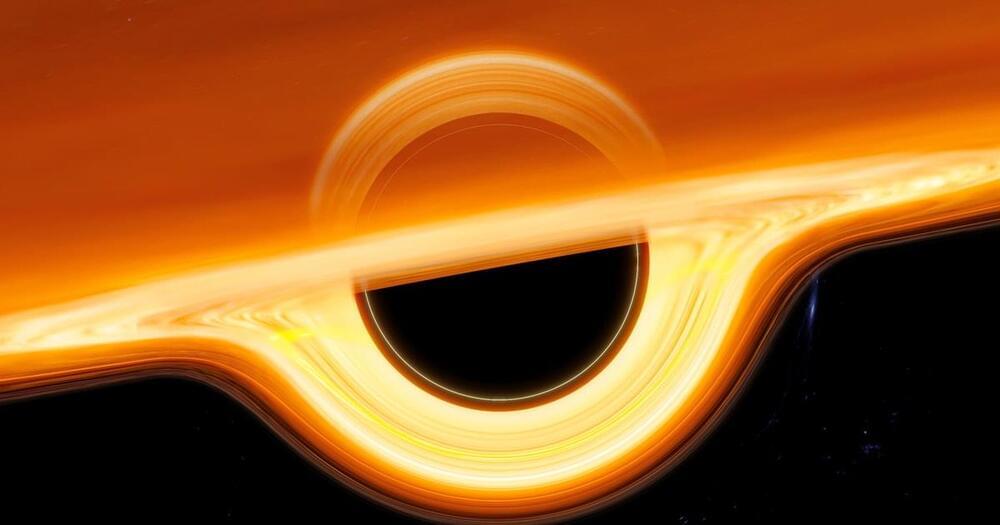They’ve become an essential ingredient of astrophysics.
Black holes helped to explain new astronomical discoveries, becoming essential ingredients of astrophysics. Science regarded black holes as abstractions until the 1960s. The recent experimental discovery of gravitational waves has changed our understanding of what black holes are.
In 2016, the LIGO-Virgo collaboration detected gravitational waves generated by two merging black holes, opening a new era of astronomy celebrated by the 2017 Nobel Prize in physics.
In 2019, the Event Horizon Telescope released an image of the supermassive black hole in the nearby galaxy M87. The following year, the Nobel Prize in physics recognized the trailblazing theoretical black hole studies of Roger Penrose and the observational ones by Andrea Ghez and Reinhard Genzel.
